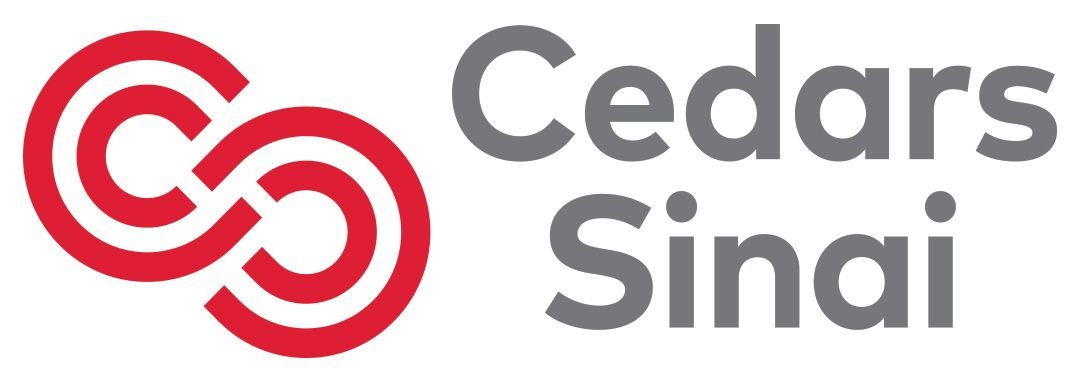- Advertise
- About OncLive
- Editorial Board
- MJH Life Sciences brands
- Contact Us
- Privacy
- Terms & Conditions
- Do Not Sell My Information
2 Clarke Drive
Suite 100
Cranbury, NJ 08512
© 2025 MJH Life Sciences™ and OncLive - Clinical Oncology News, Cancer Expert Insights. All rights reserved.
Dr. Atkins on Safety Considerations For Neoadjuvant Approaches in Gastric Cancer
Katelyn M. Atkins, MD, PhD, discusses safety considerations for neoadjuvant approaches in patients with gastric cancer.
Katelyn M. Atkins, MD, PhD, a radiation oncologist at Cedars-Sinai Medical Center, discusses safety considerations for neoadjuvant approaches in patients with gastric cancer.
What is known about the toxicity and tolerability of these approaches come from what has been learned in the existing paradigms: treatments after surgery are difficult, according to Atkins. Additionally, the initiation and completion rates of chemotherapy or chemoradiation after surgery are substantially lower, Atkins says. As such, the baseline is composed of very difficult therapies to initiate, complete, and pursue after surgery, Atkins explains.
The tolerability of both radiation and chemotherapy is better before surgery; however, what that means for a patient’s fitness going into surgery is still not clear, Atkins notes. Additionally, it is not well understood whether a local treatment can be given before surgery, if an increased risk of distant metastatic spread will develop if patients are not given full systemic doses of chemotherapy for a certain number of weeks prior to surgery, and what the recovery from the adverse effects of chemoradiation therapy before surgery entail, Atkins concludes.


